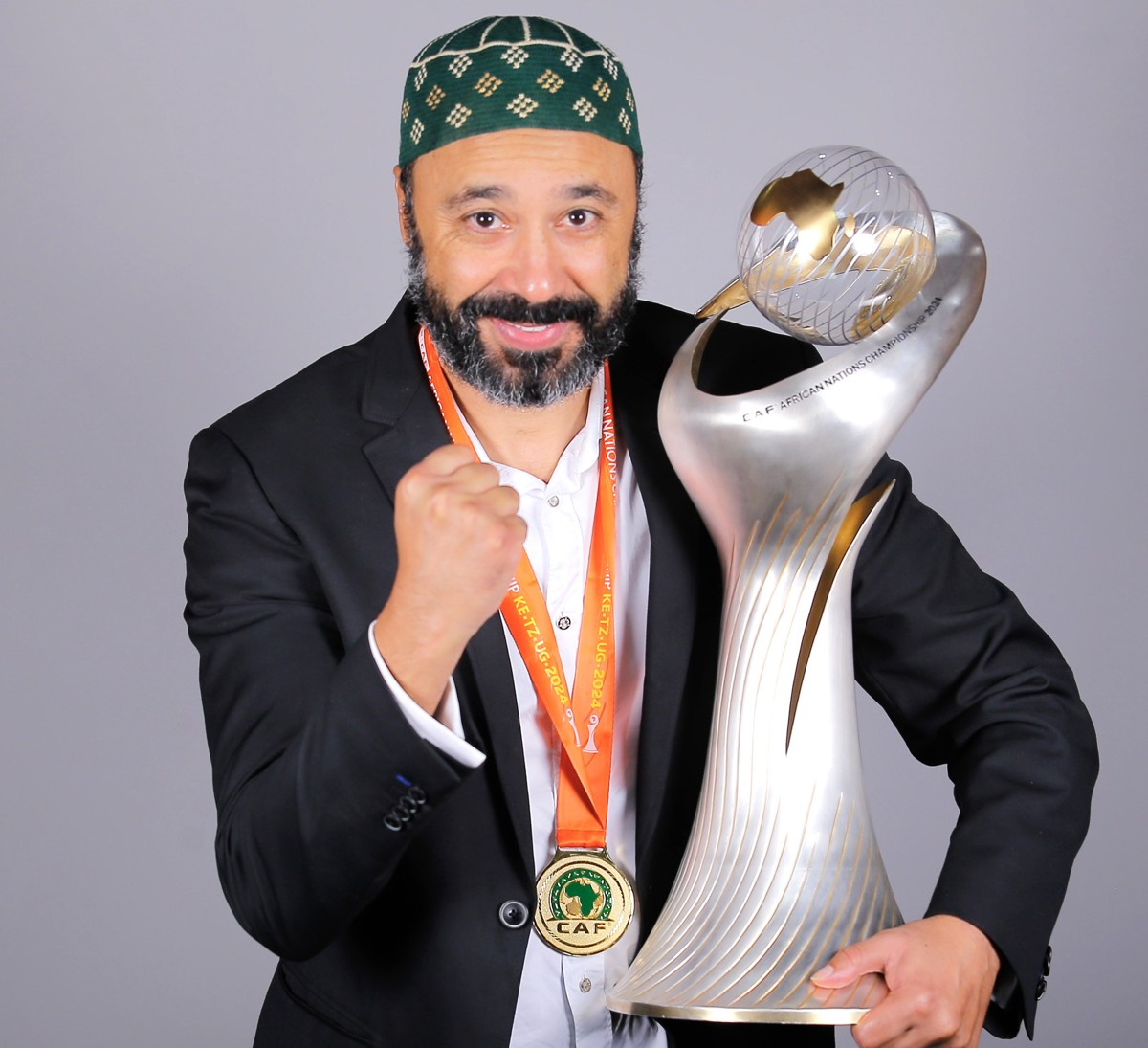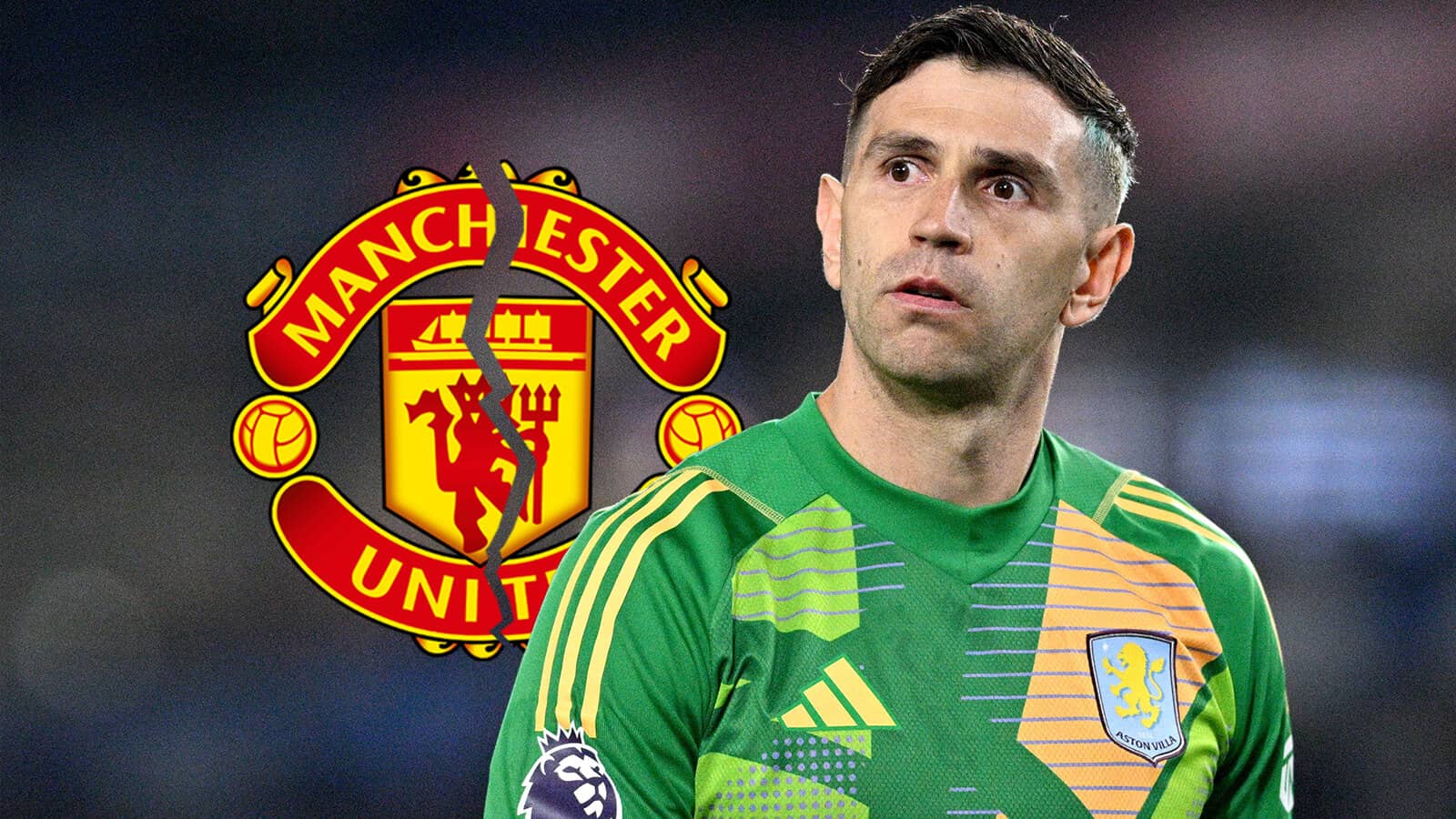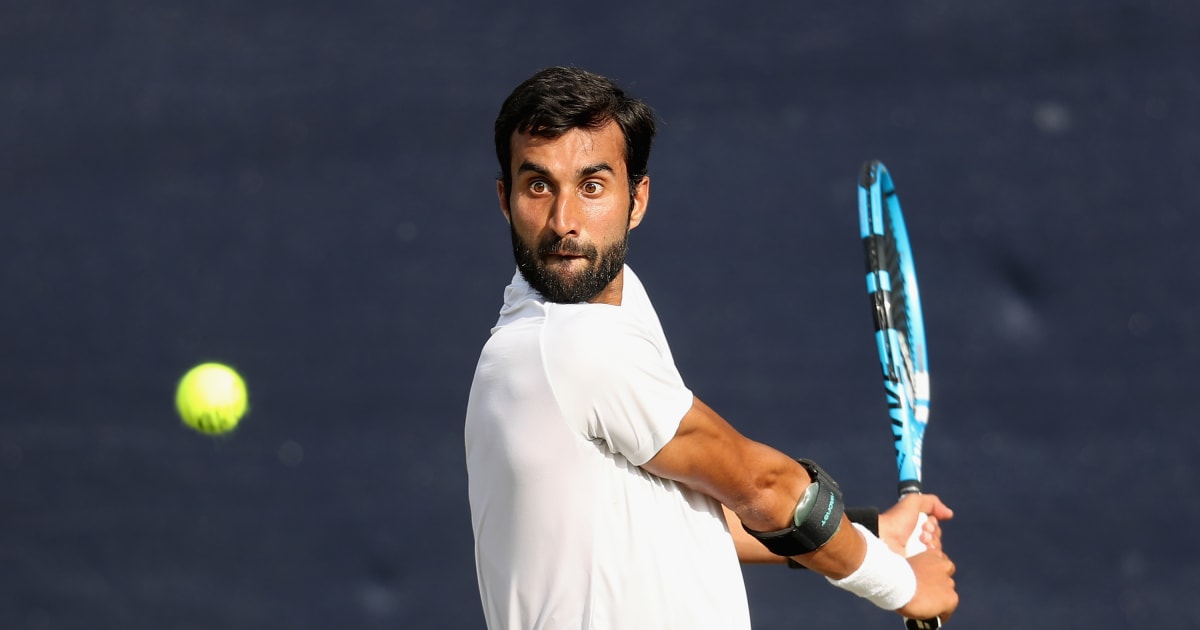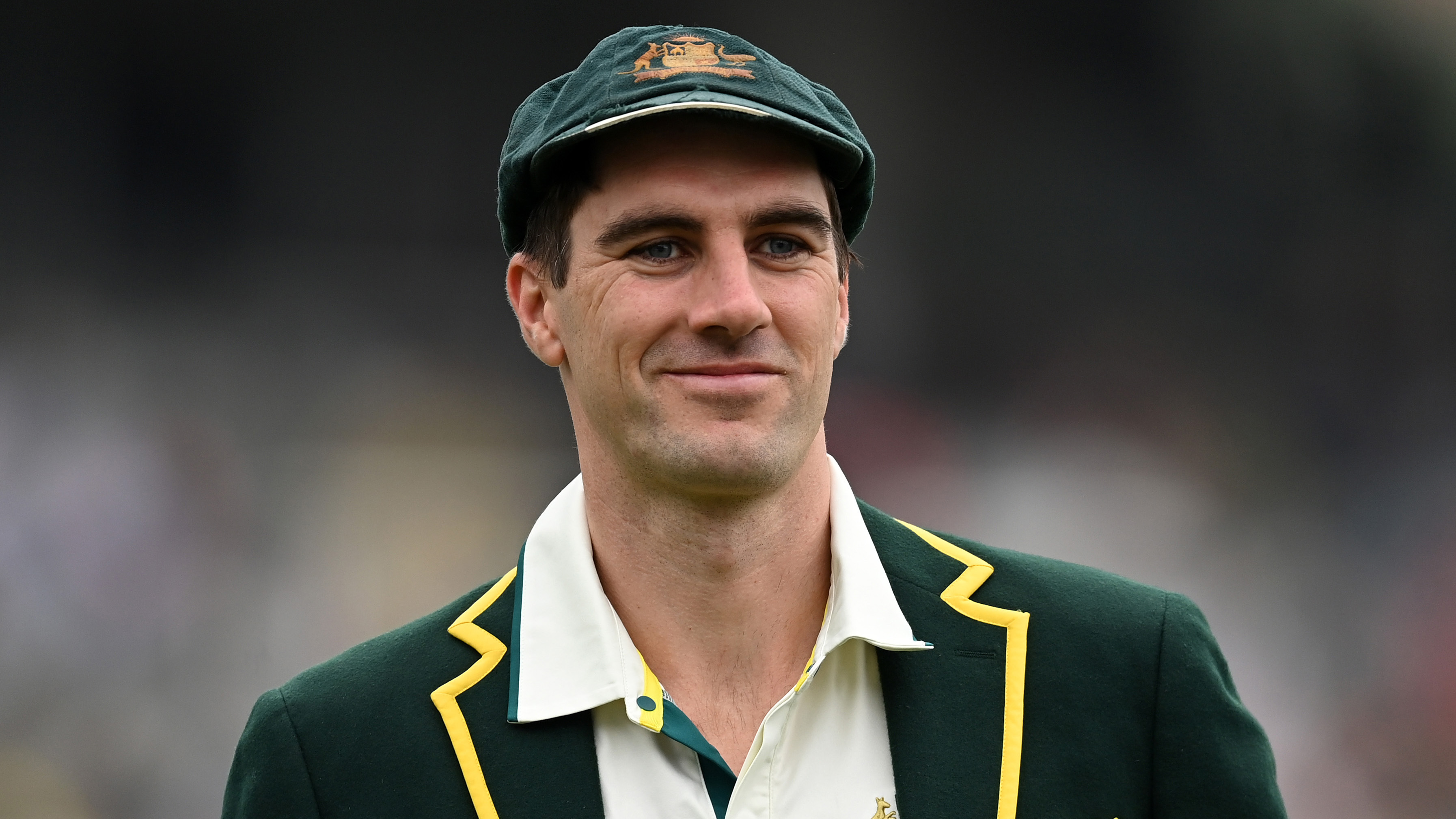Tarik Sektioui: Morocco’s architect who turned setbacks into a third CHAN crown

In Nairobi’s feverish finale, as Morocco lifted a record third African Nations Championship (CHAN) title, one figure on the touchline never seemed to flinch.Tarik Sektioui — former FC Porto winger turned national-team coach — had spent a month drilling details, calming nerves and reinforcing belief.The payoff was a 3–2 win over first-time finalists Madagascar and a place in history for both coach and country.A mission with meaningFor Sektioui, this was never just a trophy. It was a statement about where Moroccan football is heading and why the project matters.“It is a very, very important victory that proves that Moroccan football is on a path of development and progress. It will continue,” he CAFOnline.com exclusively.“A huge amount of work is being done and every time we get results, we become hungrier; it’s part of the development process. Winning titles is what motivates us.”He dedicated the coronation to the highest office.“I dedicate this coronation to HM King Mohammed VI, because if Moroccan football has reached such heights, it is thanks to his enlightened vision and his far-sighted strategy for a real development of national football. I can only say thank you, my King. May God protect you,” Sektioui said.From jolt to journeyMorocco’s campaign was not without alarms. A strong start gave way to a shock defeat in the group stage, forcing a reset in approach.Sektioui’s response was not fury but clarity — a return to structure, a renewed insistence on focus and transitions, and a quiet confidence that his players would absorb the corrections.“Each match presents a different scenario with its details that make the difference,” he said.“We are very confident about the outcome of this match… The match was not easy and if a team plays in a final it is because it has the necessary capabilities to do so.”That balance of respect and resolve ran through Morocco’s run.“To win this final, you have to be 100 percent ready at every level. Respecting your opponent means respecting yourself, but we have the means to succeed and win the final,” he added.A coach shaped by the eliteIf Sektioui’s post-match language sounds steeped in elite habits, it is. His 15-year professional career — crowned by three Portuguese league titles, two cups and two Super Cups with Porto — helped hard-wire the competitive behaviours he now demands.“It was not an easy career, 15 years in professional football. With Porto, I was three times champion, won two cups and two Super Cups, which taught me the spirit of winning and shaped my personality,” he said. “Football is played with the feet, but everything is in the head.”That mental framework fed into a coaching arc built at home: domestic club management, a continental title with RS Berkane, guiding the Olympic team to bronze in Paris 2024, and now CHAN gold. The trajectory is coherent — a teacher of details, a manager of moments.The players’ trust — and the coach’s planNo title comes without individual form. Oussama Lamlaoui’s tournament felt preordained: league champion, TotalEnergies CAF Confederation Cup top scorer, and then CHAN’s Golden Boot with six. Sektioui backed his striker, but he also coached the game around him.“I know that (Oussama) Lamlaoui has a lot of qualities. He is an exceptional striker,” Sektioui said.“He scored a very, very important goal at a crucial moment. I was surprised and very happy. But a few minutes later, I thought about the changes to close the spaces.”That phrase — close the spaces — captures Sektioui’s work.Morocco’s best spells were not only about flair; they were about compactness after losing the ball, midfield screens that bought time for the back line, and a relentless insistence on concentration.When focus dipped, Morocco suffered. “We paid dearly for our loss of concentration… In competitions of this kind, there are no weak and easy teams,” he warned.Leadership, human firstSektioui speaks often about people before systems. “Proud of my men, proud of what was shown on the pitch. We honoured the Moroccan flag,” he said. “I am happy to play with such a group, full of character and responsibility.”There were softer notes, too, away from the technical area. Since arriving in Kenya, he said, Morocco had been “warmly” received.“I can only thank the Kenyans for their support. Thanks also to CAF for their organization. It was a fantastic stay crowned with the title.”Even his now-famous green taqiya had a story.“This hat is six decades old. I inherited it from my father and it represents a good luck charm for me on occasions like these,” he revealed after the final.“The finals are won, not played”In the critical hours, Sektioui’s message hardened. “The finals are won, not played,” he said. “We faced a team that doesn’t succumb to pressure, and it wasn’t the easy prey many expected. Congratulations to all Moroccans for the love, support, and trust.”Faith threaded through his reflections: “God has rewarded us for our efforts before and during the competition, and this win is well-deserved,” he added.“Before coming to Kenya, I said we would lift the trophy, and God did not disappoint me. It took some sacrifices and patience, but in the end, we achieved our goal.”A place in Moroccan football historyThe numbers are unambiguous. Morocco’s third CHAN title — after 2018 and 2020 — secures their status as the competition’s standard-bearers.For Sektioui, the personal footnote is just as striking: he becomes the first Moroccan to win a continental title as a player (the African Youth Championship in 1997) and later as a national-team coach at senior level.He also joins a select band as only the third Moroccan coach to win CHAN, following Jamal Sellami and Hussein Ammouta. Add an Olympic bronze with the U23s, and the portfolio looks like a roadmap, not a spike.This, then, is a legacy piece in real time: a coach who learned elite habits abroad, returned home to apply them across age groups and competitions, and now stands atop a programme that keeps producing both results and role models.The link between Morocco’s top scorers and their titles — Ayoub El Kaabi (2018), Soufiane Rahimi (2021) and now Lamlaoui (2024/25) — is more than trivia; it speaks to a system that creates decisive players in decisive moments, again and again.What next?Sektioui’s answer, implicitly, is more of the same — more humility around opponents, more rigour during transitions, more player accountability, more alignment with a federation project that prizes planning over noise.“Each team must be approached in a serious, professional manner and with lucidity and commitment, to avoid pitfalls,” he said. That mindset is transportable: from CHAN to age-group football, from Olympic podiums to the senior stage.If the past month confirmed anything, it is that Morocco’s success is not accidental. It is engineered, curated and constantly reviewed — by a coach who treats details as non-negotiables and a squad that now understands the standard.The celebration will fade. The film sessions will resume. But one line from the coach is likely to endure inside that dressing room: finals are there to be won — and Morocco, under Tarik Sektioui, increasingly know how.









